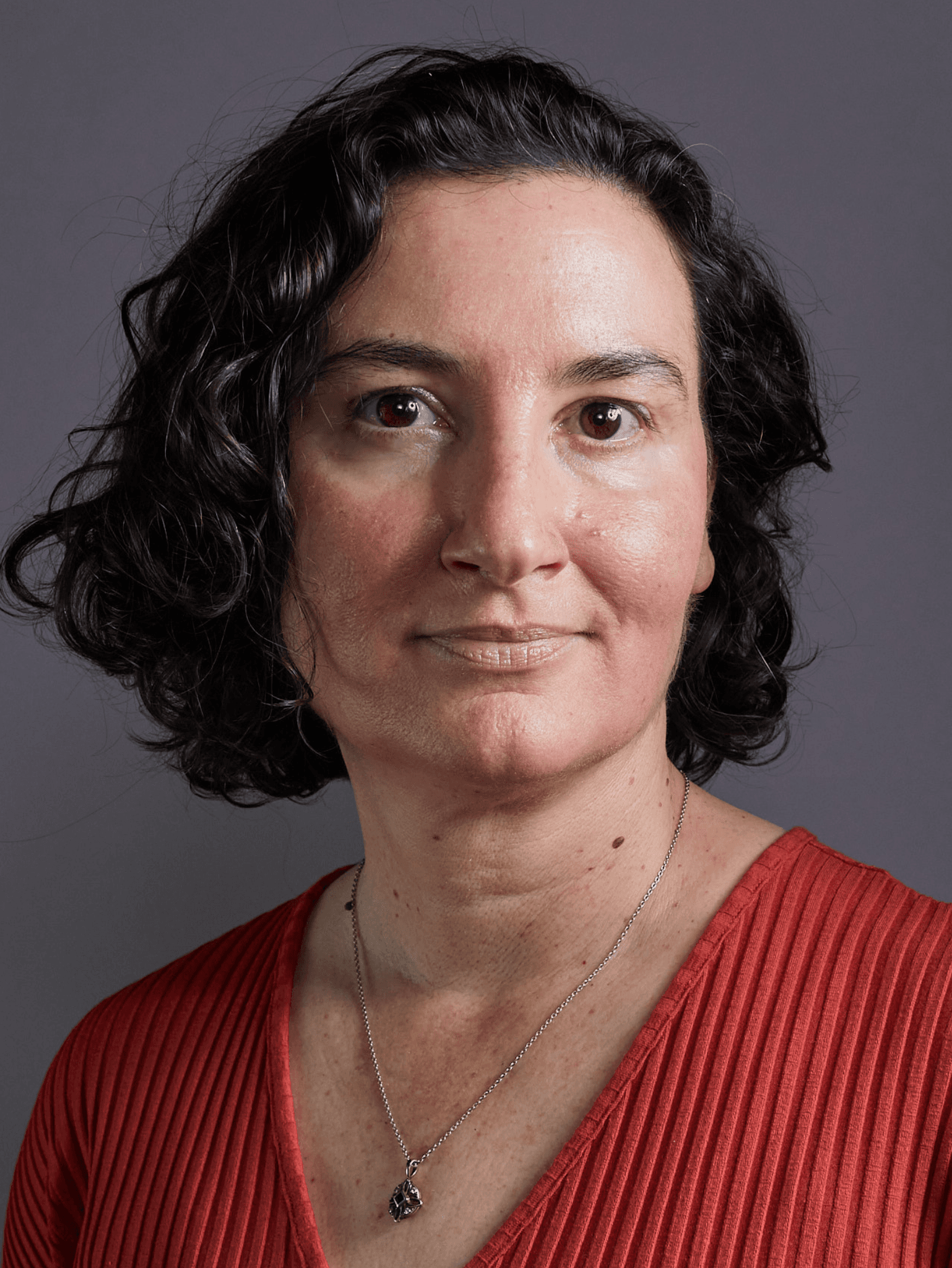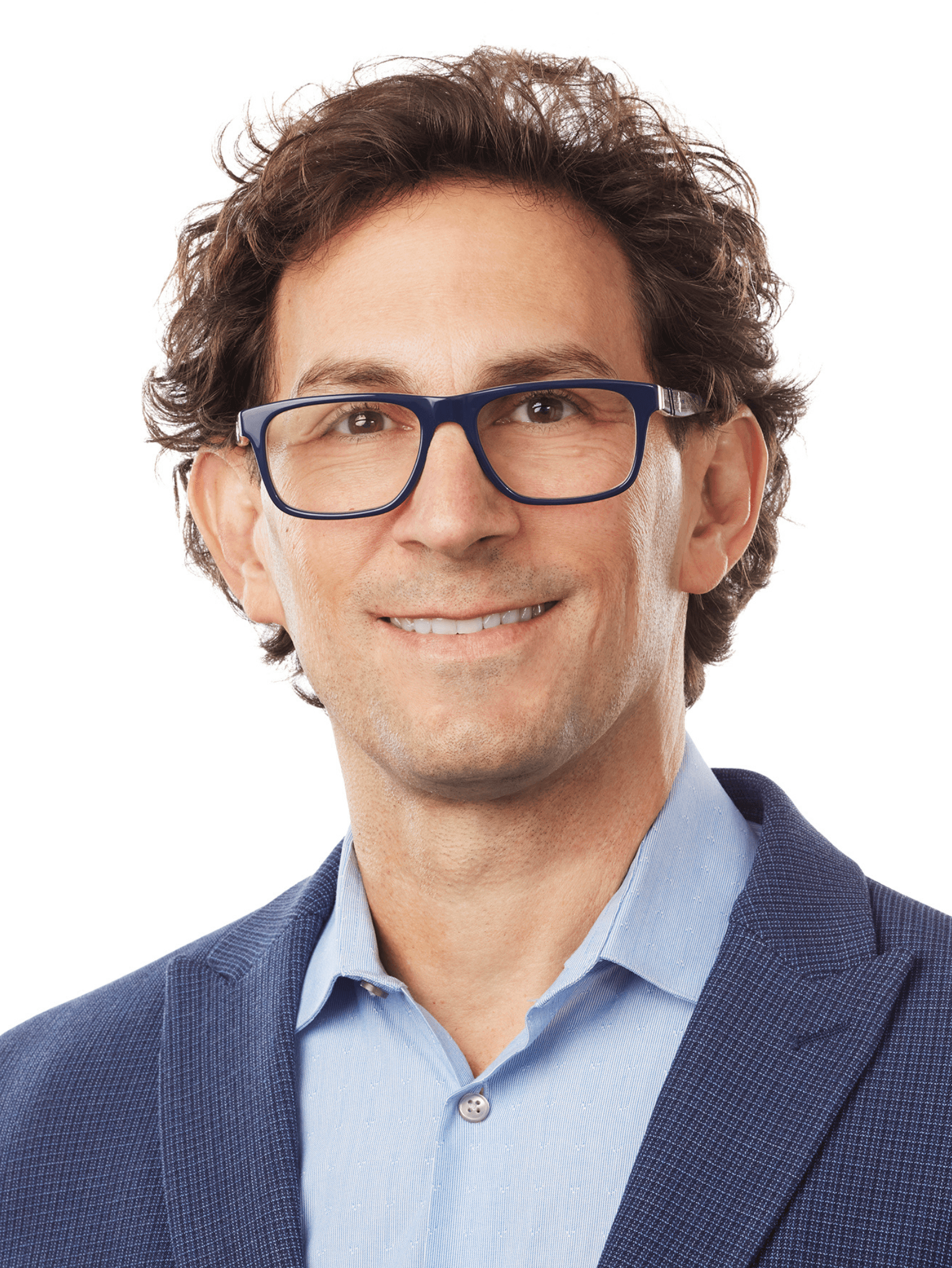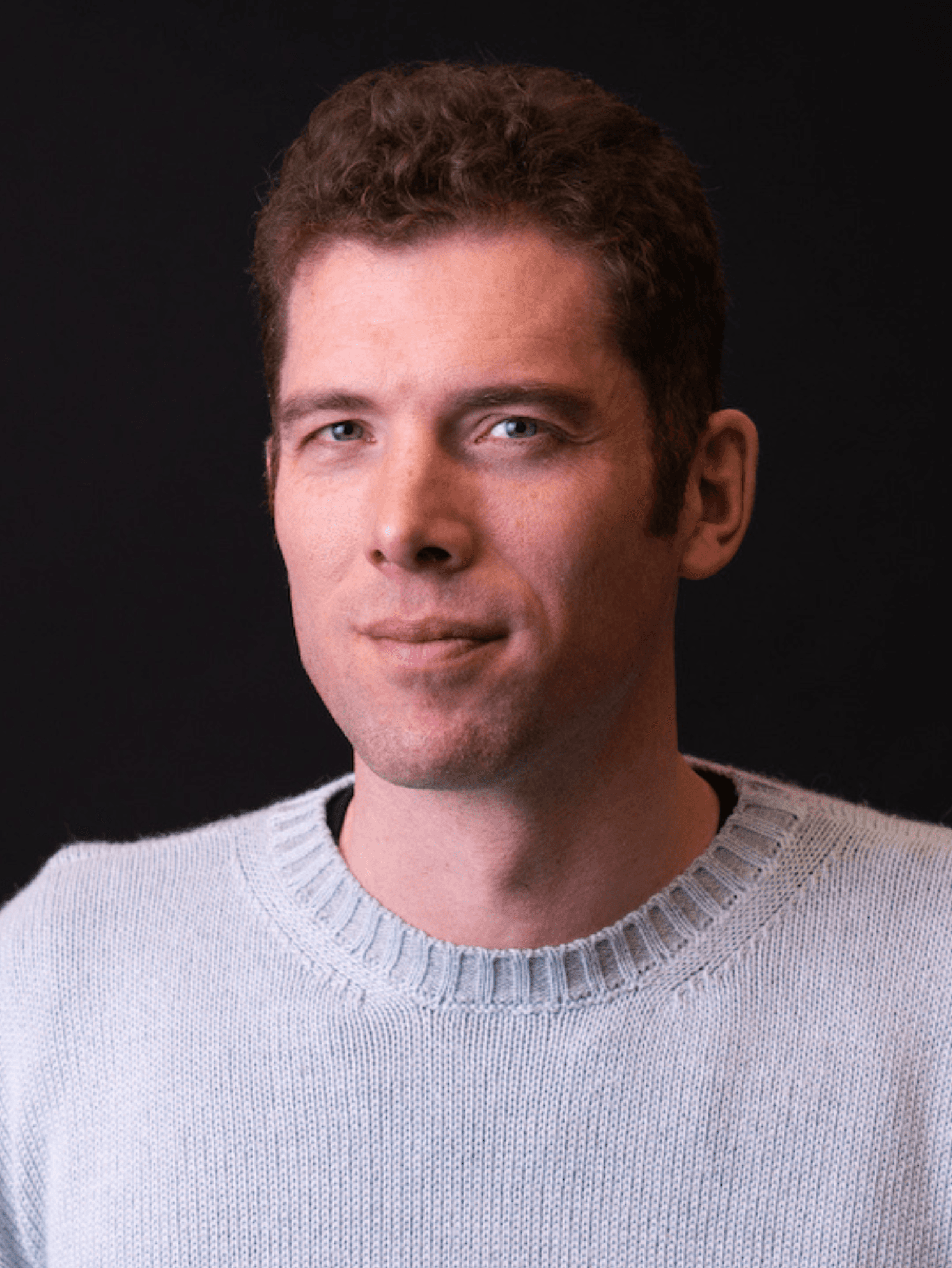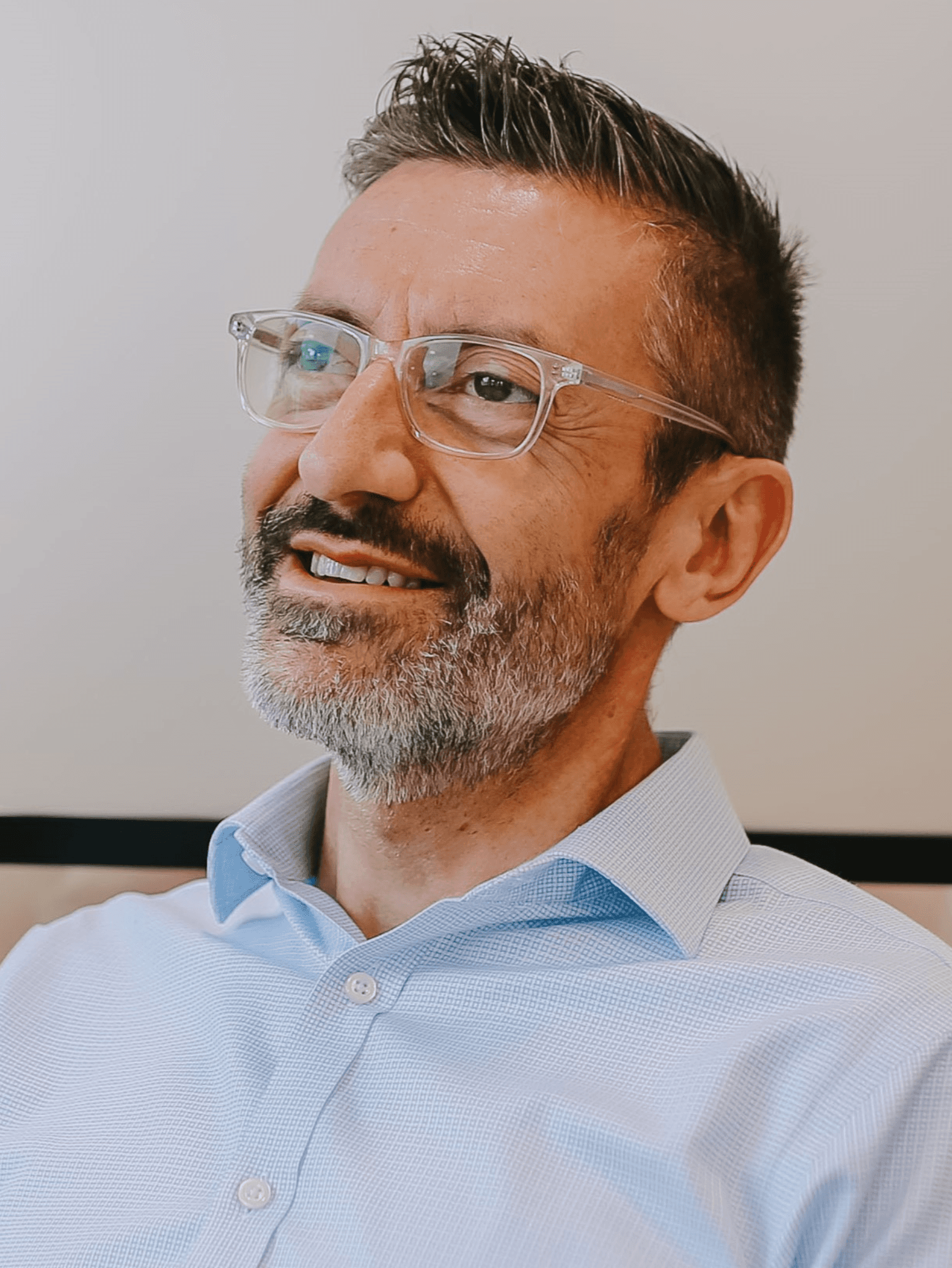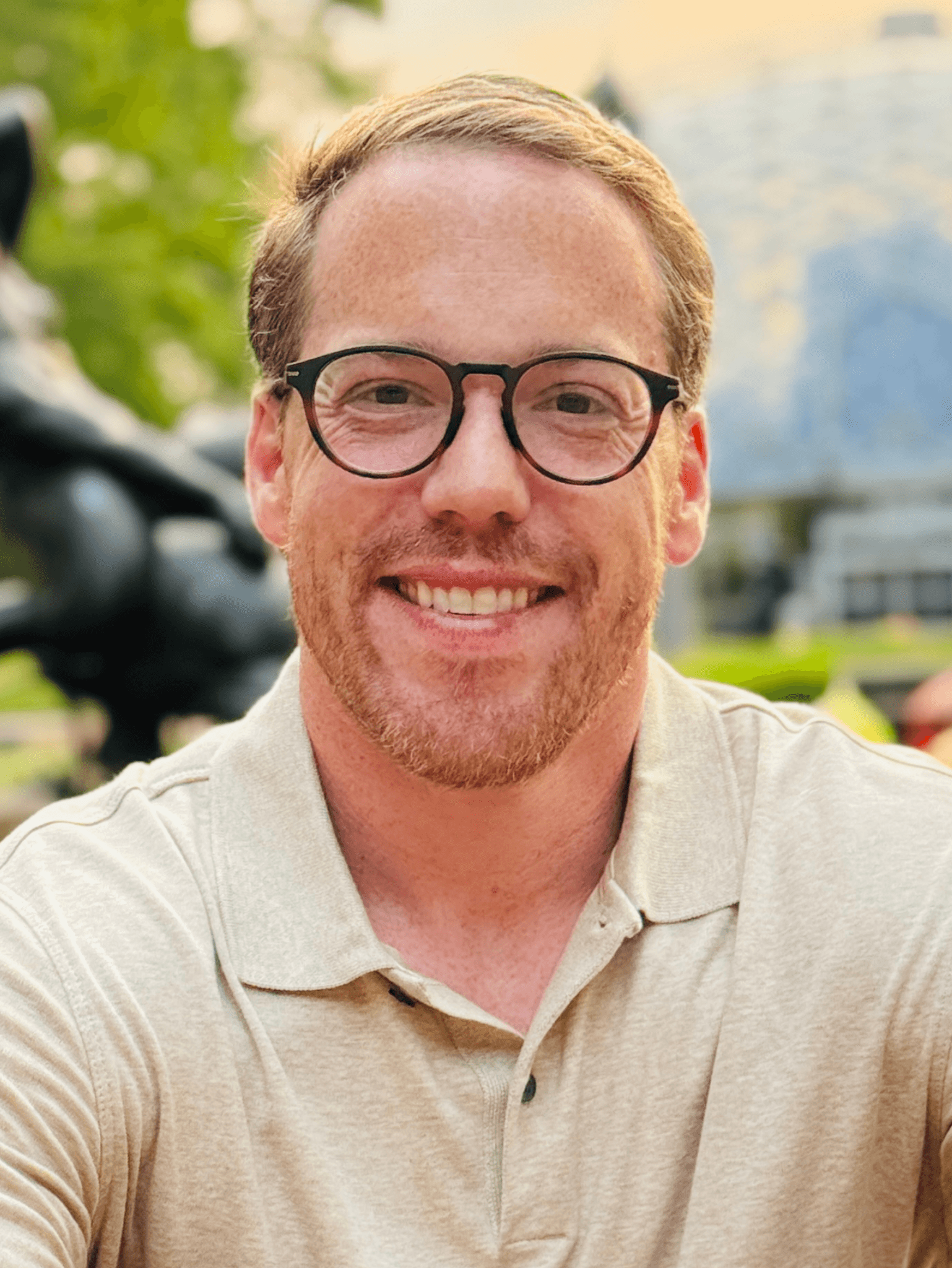SynBioBeta Speaker
Meghan Seltzer
Technical Assessor
MITRE Corporation
Meghan Seltzer is a Technical Assessor with The MITRE Corporation. She earned a bachelor’s degree in Biochemistry and Molecular Biology from the Pennsylvania State University, a doctorate in Cellular and Molecular Medicine from Johns Hopkins University School of Medicine, and a master’s degree in Management, Strategy, and Leadership from Michigan State University. Meghan is a Registered Biosafety Professional and began her biosafety career as a fellow in the National Biosafety and Biocontainment Training Program. After completing her fellowship, she worked at HHMI’s Janelia Research Campus as a manager in the Safety, Health, and Security department. During her tenure at HHMI, she was responsible for biosafety and occupational health programs as well as various research compliance efforts including IACUC, CLIA, dangerous goods shipping, import/export compliance, IRB, and IBC. Meghan is active in ABSA and ChABSA where she has served on numerous committees and council for both organizations.
SynBioBeta 2025 - Session Speaker
The BESST Approach: Harnessing Private Public Partnerships to Reduce Risk
Biotechnologies offer immense promise to address complex problems facing society. However, as biotechnologies and the associated industry grow and evolve, so does the associated threat landscape. At times, the threat landscape is so complex and nebulous that individual companies often lack the resources to understand and mitigate threats. Public-private partnerships (PPP) offer proven models to bring companies together to address common, complex challenges. Therefore, we propose establishing a PPP—the BioEconomy Safety, Security, and Technology (BESST) Partnership—to aid industry in identifying and characterizing common threats and developing evidence-based risk mitigation strategies.
Building In Trust: How to Work Together for a Safe and Secure Bioeconomy
The bioeconomy is at a pivotal moment and has the potential to drive innovation that addresses global challenges. Yet, as the industry grows, so does its risk landscape. This panel explores how collaboration, competition, coordination, and cooperation can collectively safeguard the bioeconomy while fostering innovation. Industry leaders will discuss strategies to build trust, mitigate risks, and establish shared frameworks for safety and security. Join us to discuss how unified action can ensure the bioeconomy’s transformative potential is realized in a way that upholds safety, security, and efficiency.
Biology Without Borders: Technical and Ethical Considerations for Biocontainment
The importance of biocontainment of engineered microbes for environmental release (EMERs) is often discussed, but why and when is biocontainment really needed? This session will include short talks on our technical capabilities and needs for containing EMERs, the infrastructure needed and available for testing and measuring the efficacy of biocontainment systems, obstacles and potential solutions for achieving regulatory clarity, and the ethical, legal, and social implications on different publics of decisions to use or not use EMERs.
All Categories




















